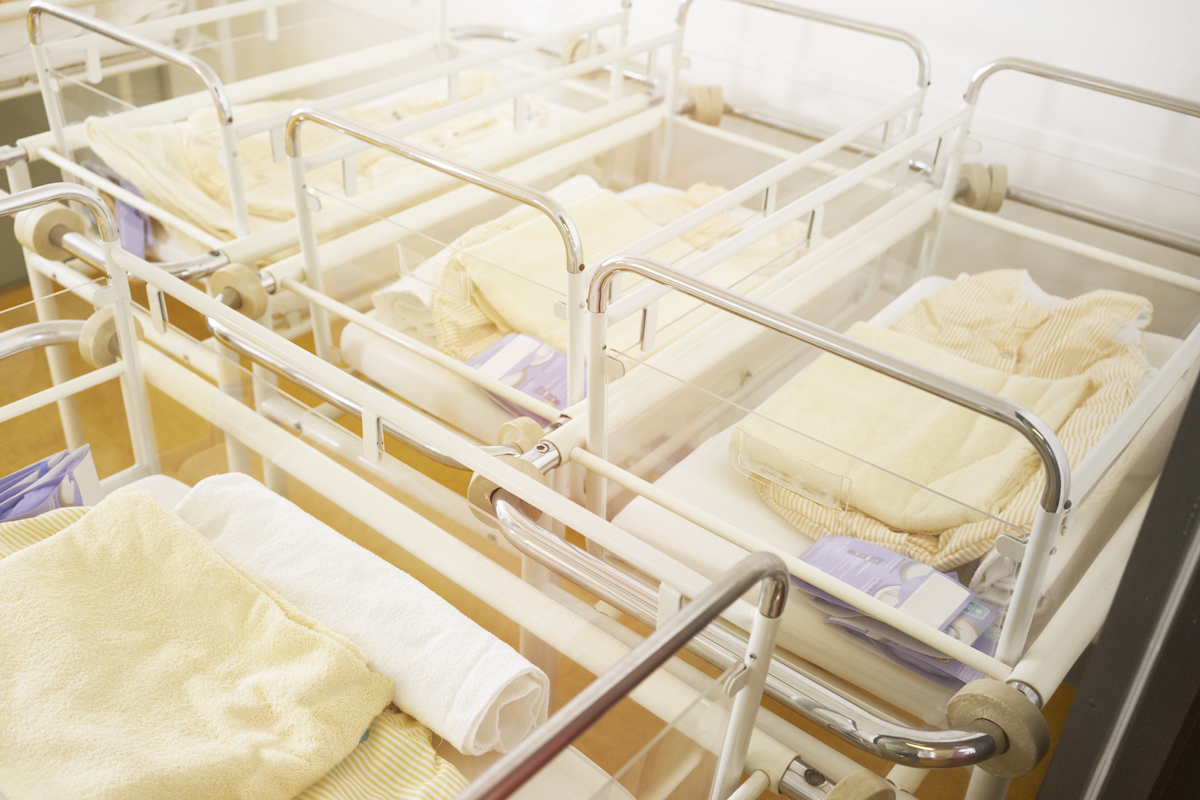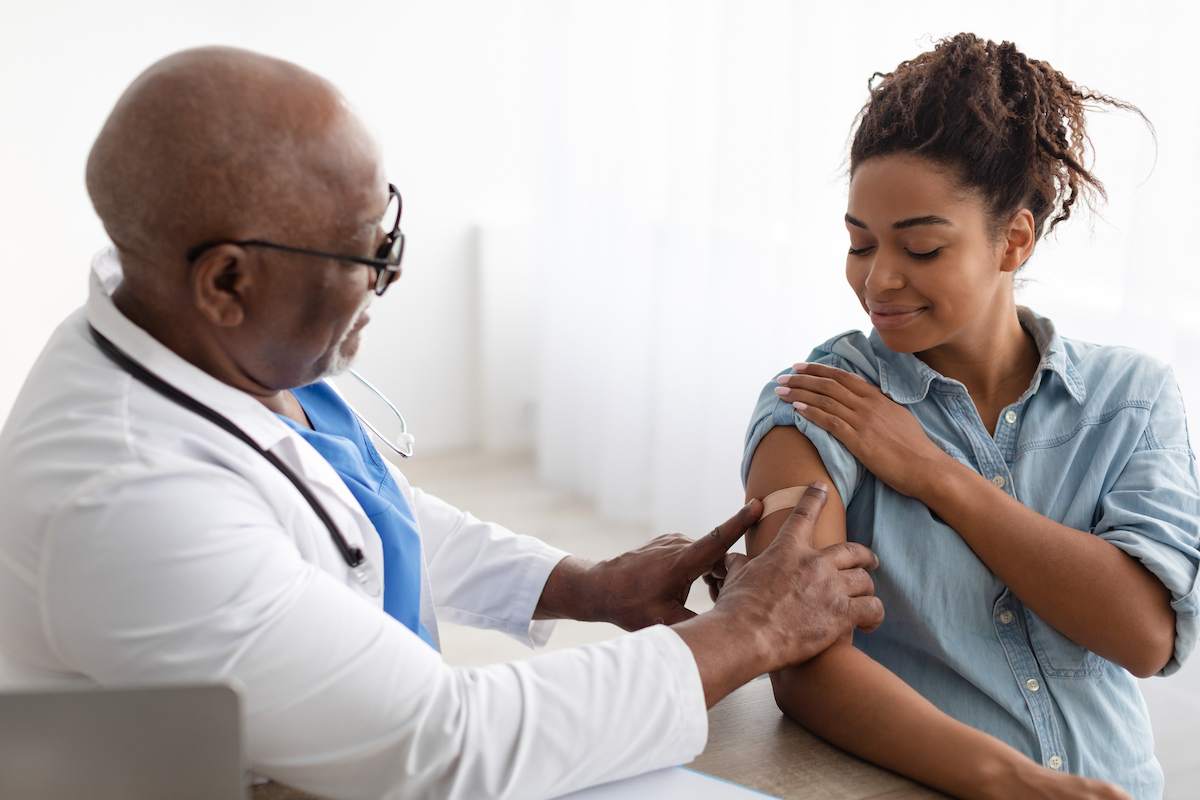I was just diagnosed with COVID and I’m 28 weeks pregnant. I’ve somehow avoided contracting it before now, but I am fully vaccinated and boosted. When I called my OB-GYN’s office, they told me I will most likely be induced at 38 weeks due to complications associated with having a COVID diagnosis during pregnancy and delivering later. Is this standard now? What are the complications associated with delivering later since I’ve had COVID?
—Confused and Expecting
I’m sorry you got COVID and I hope you are feeling better. Any illness — COVID, the flu, etc. — is of slightly more concern during pregnancy, because pregnancy is a form of mild immune compromise. It’s always a good idea to be attentive to your symptoms, and of course if you have anything that feels serious, check in with your OB about your own health.
Earlier in the pandemic, during the Delta wave (think fall 2021), there appeared to be a significant increase in stillbirth risk associated with third-trimester COVID among largely unvaccinated individuals. This was very scary, and it also illustrated how unfortunate it was that COVID vaccination rates among pregnant women were lower than in the overall population. Being vaccinated (as you are!) provides a lot of protection. In addition, the Omicron strain of COVID, versions of which are currently dominant, did not seem to show the same risk profile.
In a world in which there is this elevated risk, an induction at 38 weeks might make sense. In the current moment, there is less argument for it, and I cannot see any official recommendations that would point to this idea. In general, induction at 39 weeks (not 38) has become more common, especially if there is any (even quite mild) reason to think that waiting longer could put mom or baby at higher risk.
Bottom line: This seems an outdated recommendation, and worth asking more about to understand if there is a particular risk in your case that they are worried about.
Community Guidelines















Log in